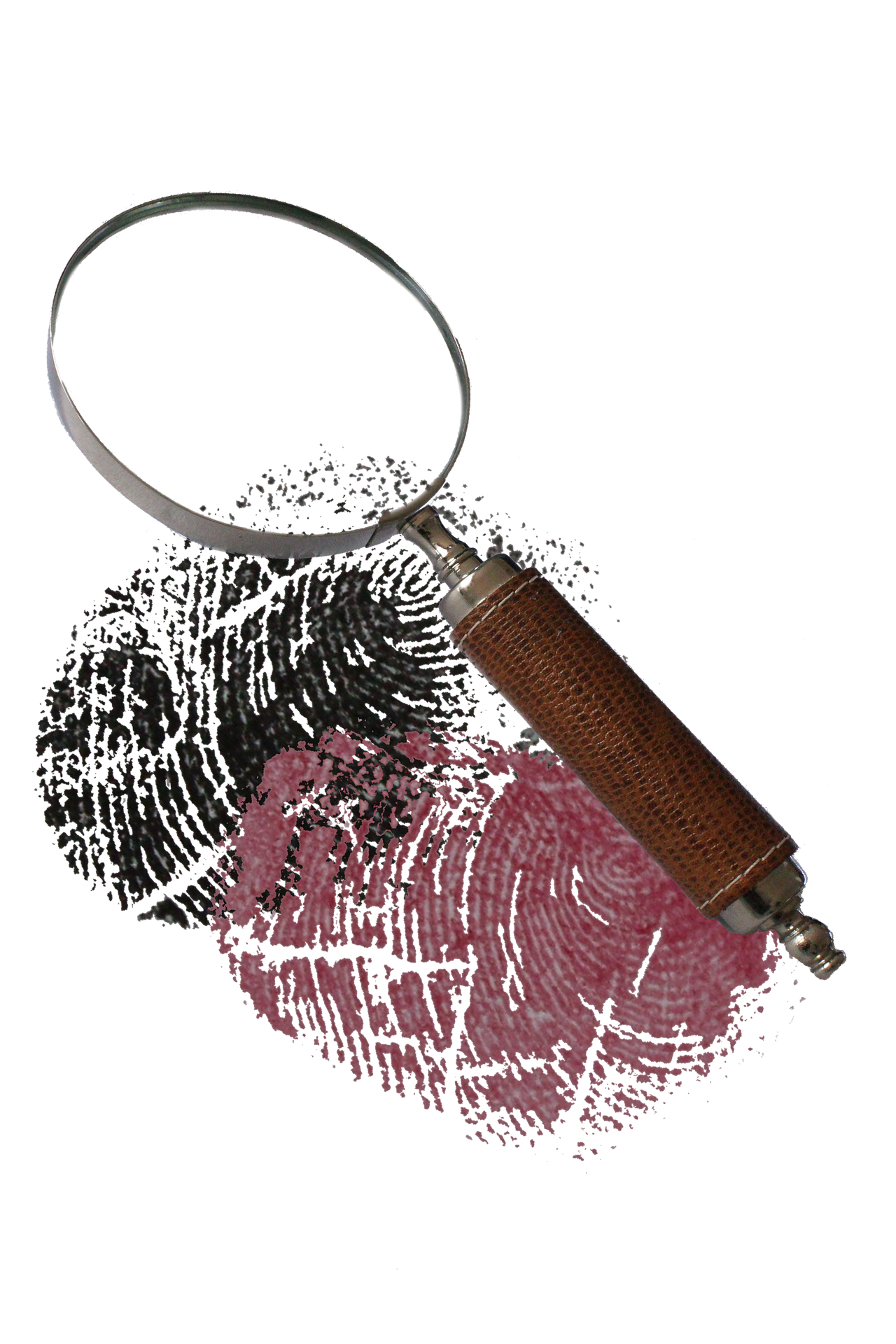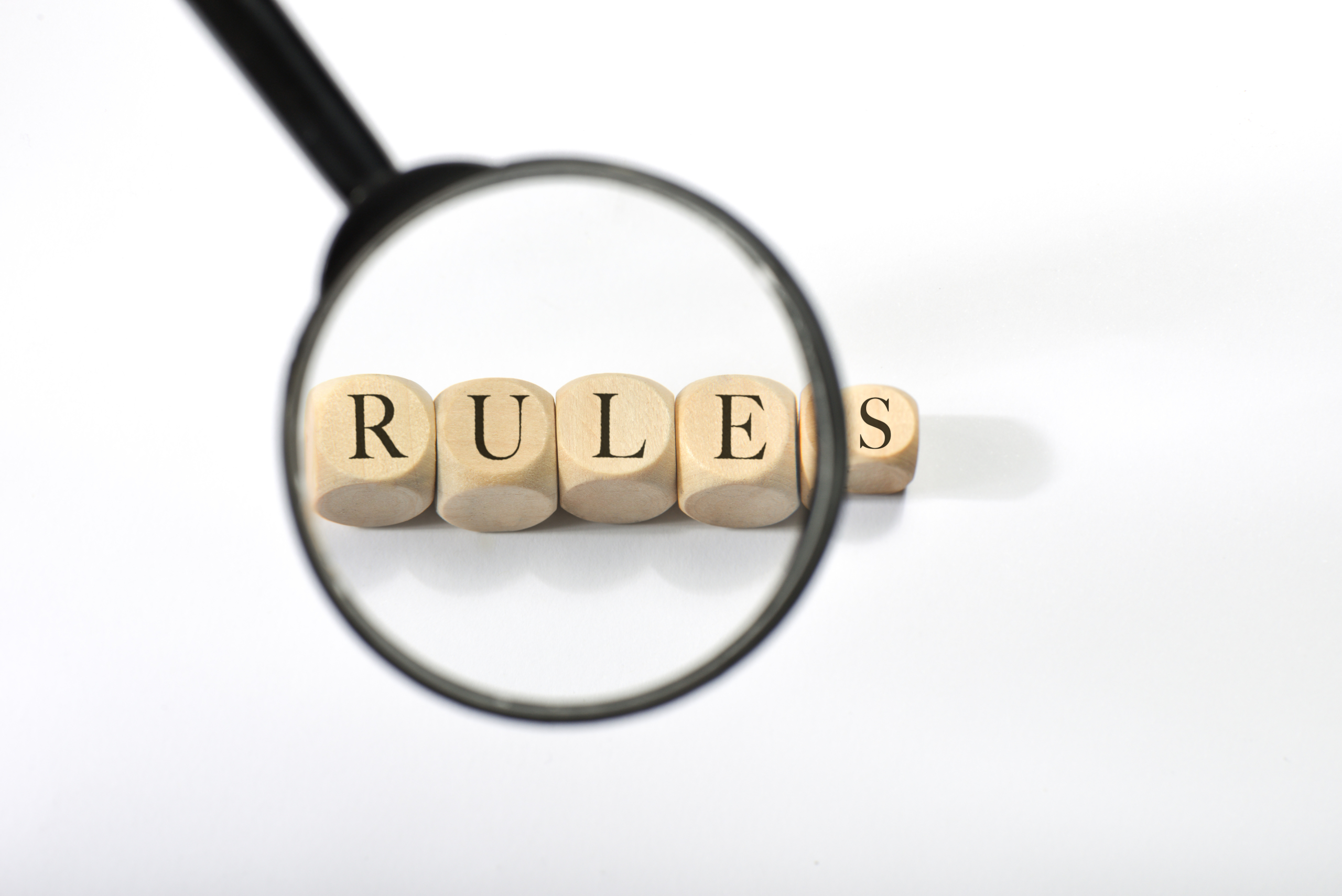When it comes to Social Security Disability (SSD), your approval depends on one thing: Can you provide medical evidence of the disabling condition you’re claiming? Far too many don’t supply sufficient documentation with their first application, and subsequently, receive a letter of SSD denial for lack of medical evidence.
The key to a successful SSD application is two-fold. First, don’t give up. Second, get the medical evidence you need.
SSD Denial Is Just the Beginning
If your first application for SSD earns a denial for lack of medical evidence – or for any other reason – you’re in the majority. The denial rate for initial applications is around 77 percent. If a denial letter lands in your mailbox, don’t get discouraged! While there is no rule that a claim garners a certain amount of denials before eventually getting approval, rejection often comes on the first application simply because of insufficient information.
It’s a process. You have to let it play out.
If you’re denied, you’re entitled to file an appeal for reconsideration. If you aren’t approved then you’re not done. You have a right to a disability hearing. If that doesn’t go your way, you’re still not done. But it may be time to bring in the cavalry.
Medical Evidence to Support Your SSD Claim
The important thing to remember when applying for SSD is that it’s your responsibility to supply corroborating documentation to support your claim of disability. The Social Security Administration will not try to prove you aren’t disabled. You have to prove that you are.
That means hard medical evidence. In fact, the main reason claims meet with rejection is a lack of solid medical documentation of a qualifying condition. According to the Social Security Administration, “Medical evidence is the cornerstone of the disability determination.”
The Social Security Administration will assist you in gathering the information they need if you give them permission to do so. To do this, you have to be certain you provide all the information they’ll need: names of doctors and therapists, clinics, therapies, home health services, and hospitals used. They’ll need the dates of service, types of treatments and procedures, diagnoses, and information on any other health professionals that have evaluated, examined or treated you in the past.
You will also need to provide verification of an ongoing relationship with a primary care provider, including regular and recent appointments.
Get Help with Your Disability Case Today
What Types of Records Are Best for your SSD Claim?
When filing for SSD, the best medical records to back up your claim are those that supply a complete, accurate portrait of your medical condition. Medical records that are thorough and in order can shorten the time it takes to get a response from the Social Security Administration.
The best medical records for disability determination include, but are not limited to:
- records that are current (within 90 days)
- records that show how your condition impairs your ability to work
- the source is a licensed physician, psychiatrist, psychologist, licensed physical or occupational therapist, speech-language pathologist, licensed ophthalmologists or optometrists, audiologists
- licensed nurse practitioners and physician assistants
- physician notes from ER visits and hospitalizations, clinic appointments, out-patient procedures, and licensed specialists (ex: an endocrinologist for diabetes management.)
- reports from medical testing, such as MRIs, CAT scans, lab tests, X-rays, physical therapy evaluations, mental health exams performed by a psychologist or psychiatrist, sleep studies
Other Sources for Medical Evidence
In some cases, the Social Security Administration may accept evidence from sources that are not on their usual list of “acceptable medical sources.” Information from these sources can illustrate the severity of an individual’s impairment and how it impacts the person’s ability to function on a daily basis.
Sources that are usually not considered “acceptable medical sources,” but may qualify under certain circumstances include, but are not limited to:
- chiropractors, massage therapists, and homeopathic practitioners
- licensed clinical social workers
- naturopaths
- non-medical sources, such as counselors, school teachers, developmental center and daycare center workers
- rehabilitation counselors
- spouses, parents, siblings, other relatives
Qualifying Medical Conditions for SSD Benefitws
The Social Security Administration historically publishes a list of impairments used as a reference guide by disability examiners when evaluating disability claims and appeals. This publication, titled “Disability Evaluation Under Social Security,” is often referred to as the “blue book.”
The general impairment listings consist of two classifications: adult listings and childhood listings. Broken down into sections, the broad categories and some qualifying disease processes and conditions include:
- Musculoskeletal system, such as osteoarthritis, degenerative disc disease, major dysfunction of a joint(s)
- Special Senses and Speech, such as blindness, Ménière’s disease, physical abnormalities of the eye
- Respiratory disorders, such as chronic obstructive pulmonary disease (COPD), asthma, cystic fibrosis, chronic pulmonary hypertension
- Cardiovascular system, such as heart disease, chronic heart failure, ventricular dysfunction, peripheral vascular disease, pulmonary vascular disease, aneurysm
- Digestive system, such as chronic liver disease, hydrothorax, chronic hepatitis, gastrointestinal hemorrhage, hepatorenal syndrome
- Genitourinary disorders, such as chronic kidney disease, diabetic nephropathy, kidney transplant, anasarca, anorexia
- Hematological disorders, such as hemolytic anemias, bone marrow failure, lymphoma, leukemia, HIV infection
- Skin disorders, such as ichthyosis, dermatitis, bullous diseases, chronic infections of the skin or mucous membranes
- Endocrine disorders, such as diabetes mellitus, disorders of the thyroid and parathyroid, hyperglycemia, diabetic ketoacidosis
- Congenital disorders that affect multiple body systems, such as Down syndrome
- Neurological disorders, such as Alzheimer’s, epilepsy, amyotrophic lateral sclerosis (ALS or Lou Gehrig’s Disease,) coma, persistent vegetative state
- Mental disorders, such as schizophrenia, depressive, bipolar, and related disorders, autism spectrum disorders, obsessive-compulsive disorders
- Cancer (malignant neoplastic diseases)
- Immune system disorders, such as systemic lupus erythematosus, system vasculitis, scleroderma, connective tissue disease
One important fact to remember: The SSA is not bound by decisions of other governmental or nongovernmental agencies on qualifying for disability.
Don’t Go It Alone
If it comes down to a hearing, it’s time to get some legal muscle on your side. If you don’t have a lawyer for your hearing, ask for a postponement so you can enlist the help of one. Social Security law is complex and obtaining a disability ruling is not a do-it-yourself project.
For a free evaluation of your case, contact the Good Law Group at (847) 577-4476 , or complete the online form. They can provide the help you need to obtain the Social Security Disability benefits you deserve.








